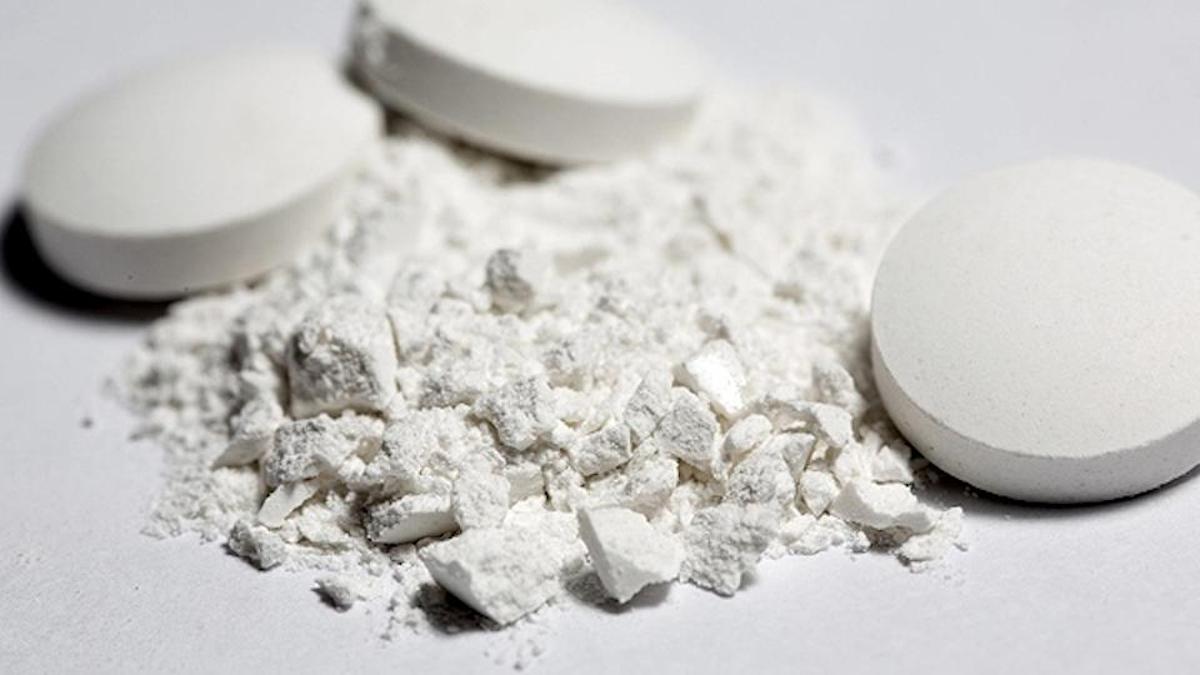Viatris splashes out $350m on pair of Idorsia therapies

Viatris has made a play to expand its branded medicines business by licensing two late-stage drugs from Idorsia – for acute myocardial infarction (AMI) and systemic lupus erythematosus (SLE) – that it thinks have the potential to become $1 billion-plus blockbusters.
The US pharma giant is paying $350 million upfront to Idorsia for rights to AMI therapy selatogrel and SLE candidate cenerimod in the deal, which also includes undisclosed development, regulatory, and commercial milestone payments, as well as royalties on sales. Viatris also gets first negotiation rights on other drugs in Idorsia’s pipeline.
The agreement was announced just ahead of Viatris' fourth-quarter results, which revealed a 5% fall in revenues for the year to $15.4 billion, a result that the company said resulted from divestments and masked underlying operational growth.
The company’s chief executive, Scott Smith, described the Idorsia deal as “opportunistic”, as it lies outside Viatris’ core therapeutic areas in ophthalmology, dermatology, and gastrointestinal diseases. He said the company will continue to look for “assets that we believe fit our company well and have the potential to contribute significantly to our future revenue growth.”
At the JPM Healthcare conference last month, Idorsia's chief executive, Jean-Paul Clozel, presented phase 2 data with platelet aggregation inhibitor selatogrel, saying it has the potential to revolutionise the treatment of an AMI by allowing patients to self-administer treatment as soon as symptoms of a heart attack emerge.
The hope is that injecting selatogrel will slow down or stop the AMI, leading to better short- and long-term outcomes for patients. That concept is being tested in a 5,500-patient phase 3 trial, SOS-AMI, which is looking at a 16 mg self-injected dose of selatogrel given on top of standard care. Results are due next year.
Cenerimod, meanwhile, is a selective S1P1 receptor modulator in two phase 3 trials – OPUS-1 and OPUS-2 – that are comparing the drug to placebo when the drug is given on top of standard therapy in around 800 patients with moderate to severe SLE. In phase studies, the drug was generally well tolerated and reduced disease activity, with the effects more pronounced in more severe cases.
Viatris and Idorsia will both provide funding for the two drugs, with the latter agreeing a $200 million contribution over the next three years – a timeframe that should allow them to get over the finish line.
Clozel said the collaboration allows them "to share the costs of the ongoing phase 3 programmes, whilst retaining long-term shareholder value, by sharing the rewards for success through the milestones and royalties.”
It comes a few months after Idorsia lost Johnson & Johnson’s Janssen Biotech unit as the partner for its lead pipeline drug aprocitentan for resistant hypertension, currently under review by the FDA, as well as disappointing results for stroke candidate clazosentan in a phase 3 trial.
Further details of the two programmes will be presented at a Viatris R&D day, scheduled for 27th March.













